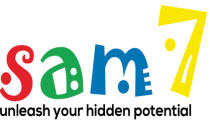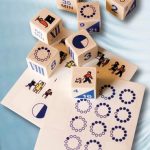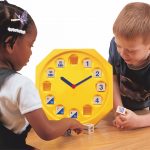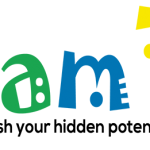
Playing Is Learning
When children play they aren’t only having fun, they are actually learning. Like all other mammals, playing is our natural educational process.
Children learn the fastest, and this is because of a chemical called acetylcholine. This chemical is a neaurotransmitter which regulates the rate at which the brain forms new connections between brain cells. This process decrees how we form memories and how we retain information. Humans produce the most acetylcholine during childhood, and this is because a child’s natural tendency to be curious.
Acetylcholine is produced in the nucleus basalis, which is located in the frontal brain. Acetylcholine when new knowledge is learnt, specifically in an area which we are not familiar. In the process of being curios, investigating life, and playing, children produce acetylcholine and create these connections between brain cells.
As we children grow older and reach adulthood, the brain becomes more selective. Through conditioning and various societal pressures, older humans suppress their curiosity and limit it to a few subjects, in the aim to specialize. This causes the brain to produce less acetylcholine, which in turn makes it harder for the brain to retain new information.
In today’s day and age we subject children to behave like adults, and take away the fun from learning. We essentially stop children from playing, in order to make them ‘learn’, forgetting that playing is the best method of learning.
It’s important to let children be curious, let them explore, and let them learn through playing.
As adults we could learn from children, and return to our naturally curious state where we’re eager to learn new knowledge. When we find a natural tendency to learn something new, we return to our child like form and feel excitement as it feels like we’re playing.









One Comment